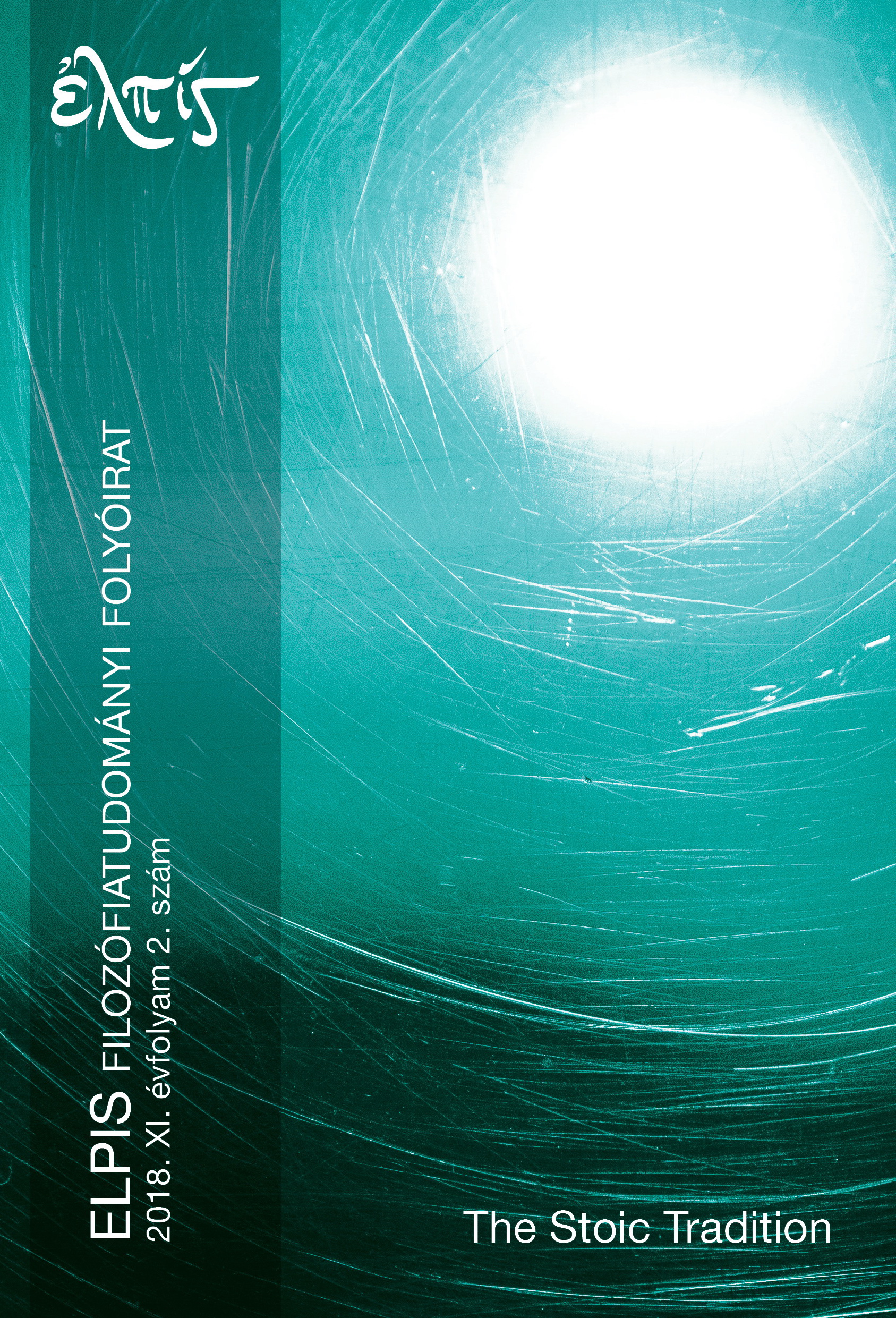The Use of the Stoic Concept of Phronēsis by Irenaeus and Lactantius
DOI:
https://doi.org/10.54310/Elpis.2018.2.4Keywords:
Irenaeus, Lactantius, Stoicism, Practical WisdomAbstract
The Stoic concept of practical wisdom and the stoic Idea of the necessary conjunction of good and evil implicitly combined by Stoics themselves can be found in the works of early Christian thinkers like Irenaeus, the bishop of Lyons and Lactantius, the African apologist. Both authors tried to reconcile the Stoic and the biblical concepts of wisdom, and both located this hybrid concept in the history of salvation. Irenaeus did this in a somewhat isolated section of his anti-heretic work, Against Heretics. As for Lactantius, he combined them in the Divine Institutes and in the Epitome, with the doctrine expounded by Seneca on the providential training of virtue by the adversaries. These conceptions were incorporated by the African theologian into his dualistic theological system in a very substantial way, serving to give account for why Satan was produced and allowed to operate by God. These are integrated into Lactantius’ idea of divine deception, which is inherent to his doctrine of the two ways.




